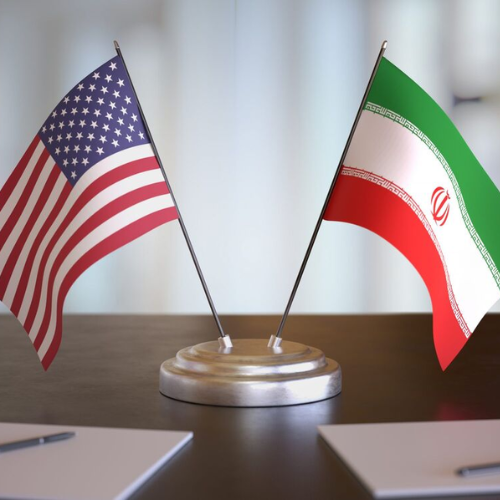The United States has launched a new wave of sanctions targeting a secret financial network that helps Iran move billions of dollars around the world. This system, often called a “shadow banking” network, allows Iran to dodge international rules, sell its oil in secret, and fund activities that the U.S. considers dangerous.
On Friday, the U.S. Treasury Department said it was sanctioning more than 30 individuals and companies. These people and businesses are believed to be part of a network that helps Iran secretly move oil money and other funds across countries like the United Arab Emirates (UAE) and Hong Kong.
At the heart of this network are three Iranian brothers: Mansour Zarringhalam, Nasser Zarringhalam, and Fazlolah Zarringhalam. According to U.S. officials, these brothers have used a wide range of businesses and bank accounts to clean, or “launder,” Iranian money through the global financial system. They operate exchange houses in Iran and run a web of front companies in the UAE and Hong Kong, helping Iran sell its oil and bring the money back into the country.
Fake Firms and Real Consequences
Among the companies now facing sanctions are Ace Petrochem FZE and Moderate General Trading LLC, both registered in the UAE. The U.S. says these companies are connected to the National Iranian Tanker Company, which is already under U.S. sanctions for transporting Iranian oil. These firms are accused of helping Iran bypass restrictions by creating the appearance of legal business transactions while hiding the true source and purpose of the money.
The U.S. Treasury’s Office of Foreign Assets Control (OFAC) has added these companies to its Specially Designated Nationals (SDN) list. This means that any assets they have in the United States are now frozen, and U.S. companies or individuals are banned from doing any business with them. Being on this list makes it much harder for the companies to access the global financial system.
The Zarringhalam brothers, who are said to control this network, have not been located for comment. Their current whereabouts are unknown. Iran’s mission to the United Nations in New York has also not responded to requests for a statement.
According to the Treasury Department, the companies linked to the brothers operate accounts in different currencies—such as U.S. dollars, euros, and Chinese yuan—across several banks worldwide. These accounts are used to move money for Iranian oil sales, even though those sales are supposed to be blocked by international sanctions.
The Bigger Picture Behind the Sanctions
This new round of sanctions is part of the U.S. government’s renewed “maximum pressure” campaign against Iran, which began again in February. The campaign aims to stop Iran from enriching uranium and developing its nuclear program, and also to cut off funding for armed groups across the Middle East.
Treasury Secretary Scott Bessent called Iran’s shadow banking system a “critical lifeline” for the regime. He said it allows Iran to get paid for oil, transfer funds, and support actions that threaten peace in the region.
Talks between Iran and the United States over Iran’s nuclear activities remain stalled, especially over disagreements about how much uranium Iran is allowed to process. Until those talks progress, the U.S. is using sanctions as its main tool to limit Iran’s ability to fund its operations.
This is the first time that U.S. sanctions have directly gone after Iran’s shadow banking system since the pressure campaign was renewed earlier this year. By identifying individuals like the Zarringhalam brothers and companies such as Ace Petrochem FZE and Moderate General Trading LLC, the U.S. is making clear that it will continue to monitor and act against hidden financial networks that help Iran bypass global restrictions.


